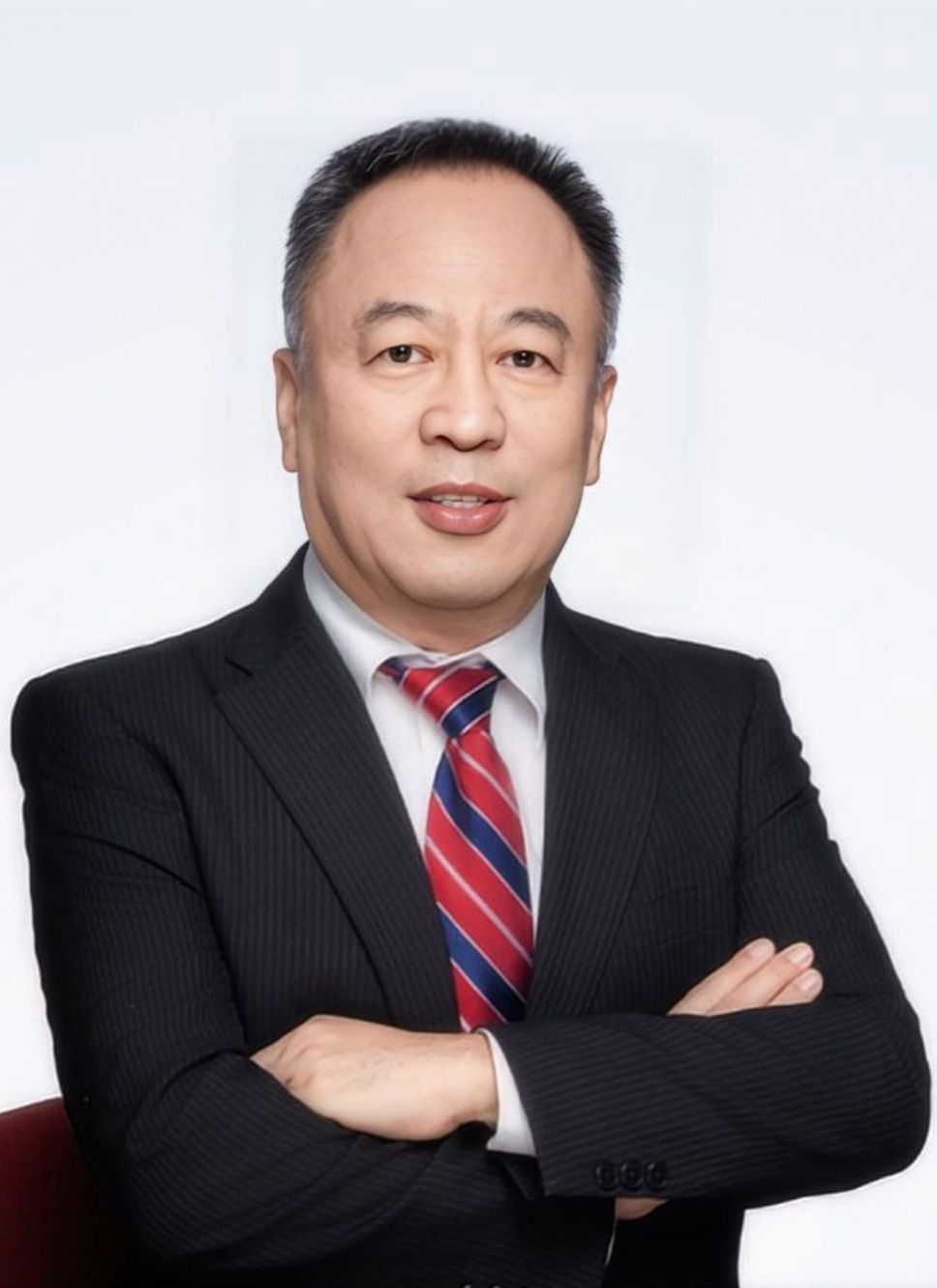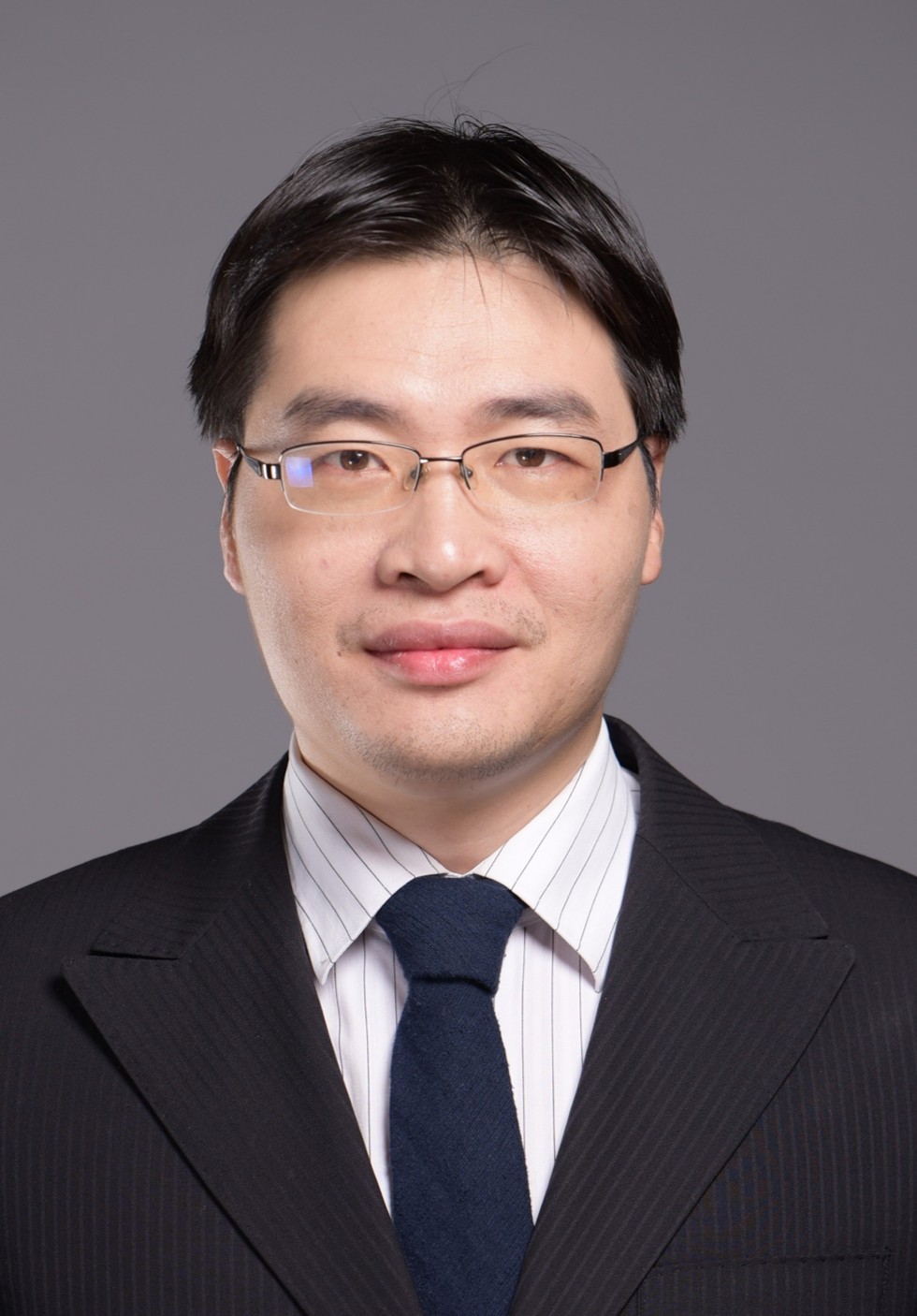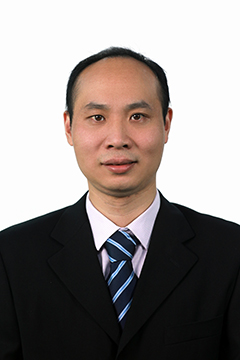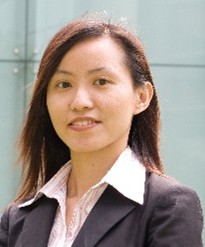
Prof. Zhi Zong
Vice President of Liaoning Shipbuilding Society
Fuyao University of Science and Technology, China
Biography: Zong Zhi is a professor at Fuyao University of Science and Technology. He obtained his Ph.D. in Ship Engineering from Hiroshima University in Japan in 1995. Afterward, he joined the Singapore Institute of High Performance Computing as a senior and chief research engineer, focusing on underwater explosion and computational mechanics research. In 2004, he joined Dalian University of Technology in China as a professor. Professor Zong has served as the dean of the School of Ship Engineering and the deputy director of the National Laboratory for Structural Analysis of Industrial Equipment. He is currently employed at Fuyao University of Science and Technology. He is also a member of the editorial boards of more than ten international and local journals. He has published over 340 papers, of which 190 are included in the SCI database. He has authored seven monographs, three of which were published by Elsevier, CRC, and Lambert Academic. Professor Zong is actively engaged in research areas such as fluid mechanics, computational mechanics, and ocean engineering. He discovered the splash resistance of trimaran vessels and a new form of solitary waves. He developed a variable topology boundary element method to simulate the jet formation after bubble collapse, which is widely used in underwater explosion research. He has also improved the Smoothed Particle Hydrodynamics (SPH) and Discrete Vortex Method to achieve better simulation results for water wave evolution, ship motion in waves, impacts, water entry, and vortex-induced vibrations. He has received multiple awards, including first and second prizes for technological advancement from the Ministry of Education and several awards from the Ocean Engineering Consulting Association.
Speech Title: Ship Icedynamics

Prof. Weixi Huang
The National Science Fund for Distinguished Young Scholars
Tsinghua University, China
Biography: Prof. Wei-Xi Huang is a tenured Professor at School of Aerospace Engineering, Tsinghua University, and recipient of the National Science Fund for Distinguished Young Scholars (2024). His primary research focuses on numerical methods, mechanisms, and control of turbulent flows with complex boundaries, as well as fluid-structure interactions and bio-inspired fluid dynamics. He has published over 100 SCI-indexed papers in leading fluid mechanics journals such as Journal of Fluid Mechanics (JFM), Journal of Computational Physics (JCP), Physics of Fluids (PoF), and Physical Review Fluids (PRF), with more than 3,000 citations. He currently serves as an Associate Editor for Theoretical and Applied Mechanics Letters (TAML) and Transactions of the Japan Society for Aeronautical and Space Sciences (TJSAS), and as an editorial board member for International Journal of Heat and Fluid Flow (IJHFF), Advances in Aerodynamics (AIA) and Journal of Hydrodynamics. He also holds positions on the advisory committee of the International Conference on Turbulence and Shear Flow Phenomena (TSFP), the executive committee of the Asian Fluid Mechanics Committee (AFMC), and is a council member of the Chinese Society of Theoretical and Applied Mechanics (CSTAM) and a member of its Fluid Mechanics Committee.
Speech Title: Numerical Study on Boundary Layer Flow over the Bow of SUBOFF Model with Turbulent Inflow: Transition and Induced Noise

Prof. Shizhao Wang
The National Science Fund for Distinguished Young Scholars
Institute of Mechanics, Chinese Academy of Sciences, China
Biography: Wang Shizhao is a professor at Institute of Mechanics, Chinese Academy of Sciences. He serves as the Director of the National Key Laboratory of Nonlinear Mechanics in Extraordinary Environments. His research focuses on advancing numerical methods for large-eddy simulation of turbulence, particularly for complex geometric boundaries, and developing near-wall models. He applies these methodologies to fundamental research in hydrodynamic acoustics and the mechanisms of high-performance bio-inspired propulsion. Professor Wang has led several prestigious research initiatives, including the National Science Fund for Distinguished Young Scholars, a key project under the NSFC Major Research Plan, and the Youth Team Program for Basic Research from the Chinese Academy of Sciences. His significant findings have been published in leading international fluid mechanics journals such as Annual Review of Fluid Mechanics, Journal of Fluid Mechanics, and Journal of Computational Physics. He is the Deputy Director of the Youth Working Committee of the Chinese Society of Theoretical and Applied Mechanics, Member of the Mathematics and Mechanics Committee of the Chinese Society of Industrial and Applied Mathematics, and Member of the Aerodynamic Acoustics Committee of the Chinese Society of Aerodynamics.
Speech Title: Large-eddy Simulation for the Sources of Hydroacoustics

Prof. Choy Yat Sze
The Hong Kong Polytechnic University, China
Biography: Dr. Choy obtained her Ph.D. in Mechanical Engineering from The Hong Kong Polytechnic University in 2003. She joined the same department as an Assistant Professor in 2007 and was promoted to Associate Professor in 2014. Dr. Choy has published over 90 papers in top-tier SCI journals. Her research focuses on noise control technologies, including microperforated panel absorbers, meta-structures, aeroacoustics, and environmental noise mitigation. She currently serves as an Associate Editor for The Journal of the Acoustical Society of America, and is editorial board member of Scientific Reports, Applied Sciences, and Acoustics (MDPI). Moreover, she is a Guest Editor for Acoustics (MDPI), Applied Sciences, Aerospace, and the Journal of Low Frequency Noise, Vibration & Active Control.
Speech Title: Development of Advanced Acoustic Absorbers for Flow-Influenced Applications
